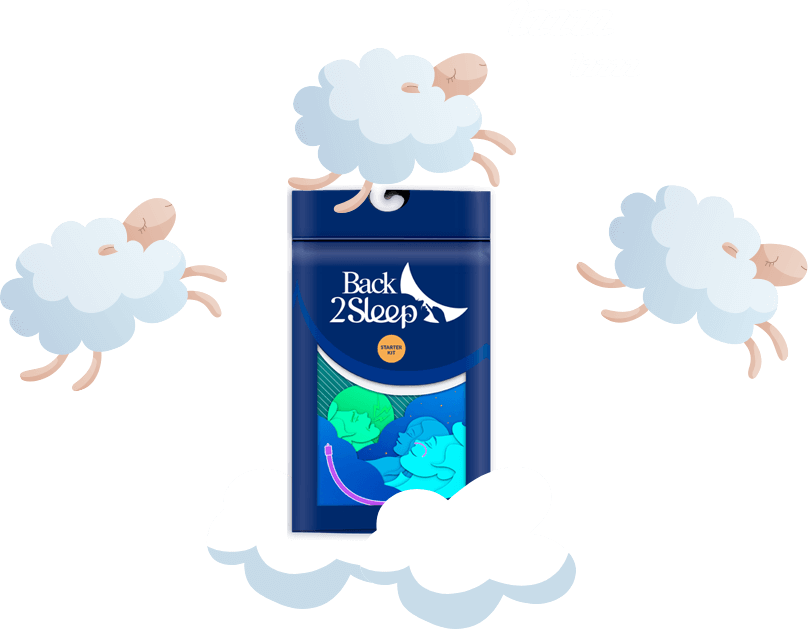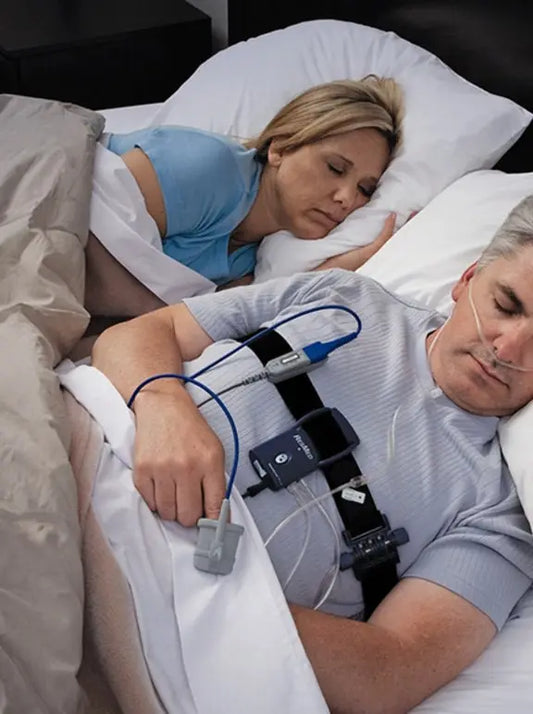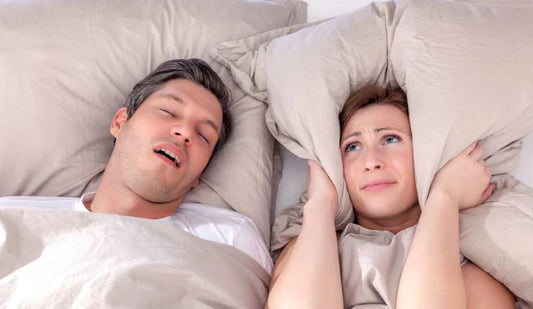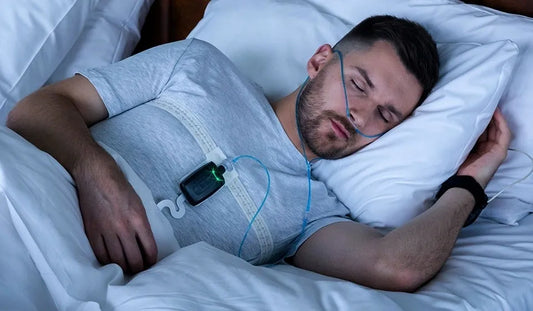Traveling is an exciting adventure, but for those who have sleep apnea, it can also bring concerns about maintaining a restful sleep routine. However, with proper planning and preparation, you can ensure a restful trip while effectively managing your sleep apnea. In this article, we will provide you with essential tips and strategies to make traveling with sleep apnea a seamless experience. From packing the right equipment to adjusting to new environments, let's explore how you can enjoy your travels while prioritizing your sleep health.
Consult Your Sleep Specialist and Pack Accordingly
Before embarking on your journey, it's crucial to consult your sleep specialist or healthcare provider for guidance specific to your sleep apnea needs. Additionally, consider the following tips when packing for your trip:
Bring Your CPAP Machine: Your continuous positive airway pressure (CPAP) machine is essential for managing sleep apnea. Ensure it is in good working condition, pack it securely, and carry it as a carry-on item to avoid potential damage.
Extra Supplies: Pack extra CPAP supplies, including masks, hoses, filters, and cushions, in case of emergencies or unexpected damage.
Research Accommodations and Travel Options
When planning your trip, take into account the following factors to ensure comfortable accommodations and smooth travel experiences:
Hotel Considerations: Prioritize hotels that offer CPAP-friendly amenities, such as power outlets near the bed and options for room refrigeration to store medication or additional supplies.
Transportation: If you are traveling by air, notify your airline in advance about your CPAP machine and any additional requirements. Most airlines allow CPAP machines as carry-on items, but it's best to check their specific guidelines beforehand.
Adjusting to New Sleep Environments
Sleeping in unfamiliar surroundings can be challenging, but there are strategies to help you adapt and achieve a restful sleep:
Create a Comfortable Sleep Environment: Bring items that promote comfort, such as your preferred pillow or a portable white noise machine, to mask unfamiliar sounds.
Maintain Sleep Hygiene: Stick to your regular sleep routine as much as possible. Establish a relaxing pre-bedtime routine that includes activities like reading, listening to calming music, or practicing deep breathing exercises.
Managing Sleep Apnea on Long-Haul Flights
Long-haul flights can present unique challenges for individuals with sleep apnea. Consider the following tips to ensure a restful journey:
Battery-Powered CPAP Machines: Invest in a portable battery pack for your CPAP machine, allowing you to use it during flights without relying on access to electrical outlets.
Request Special Assistance: Inform the airline about your sleep apnea and request a seat with extra legroom or accommodations that facilitate sleep, such as a reclining seat.
Coping with Time Zone Changes and Jet Lag
Traveling across time zones can disrupt your sleep schedule. Employ the following strategies to minimize the impact of jet lag:
Adjust Your Sleep Schedule: Gradually adjust your sleep schedule a few days before your trip, gradually shifting it closer to the time zone of your destination.
Exposure to Natural Light: Spend time outdoors, especially in the morning, to help your body adjust to the new time zone and regulate your internal clock.
Stay Consistent with Your Sleep Apnea Treatment
While traveling, it's essential to stay consistent with your sleep apnea treatment. Remember these key points:
Use Your CPAP Machine Every Night: Even during your trip, adhere to your regular CPAP therapy. Consistency is crucial in managing sleep apnea and ensuring restful sleep.
Adhere to Medication Schedule: If you take any additional medications for sleep apnea or related conditions, maintain your regular schedule while traveling.
Traveling with sleep apnea doesn't have to be a challenge. By incorporating these essential tips into your travel plans, you can enjoy restful nights and exciting adventures while effectively managing your sleep apnea. From packing the necessary equipment to adapting to new sleep environments and coping with time zone changes, prioritizing your sleep health will ensure a rewarding and rejuvenating travel experience. Remember to consult your healthcare provider for personalized advice, and embark on your journey with confidence, knowing that you have taken the necessary steps to prioritize your sleep apnea needs while traveling. Bon voyage and restful nights ahead!

- Choosing a selection results in a full page refresh.
- Opens in a new window.







